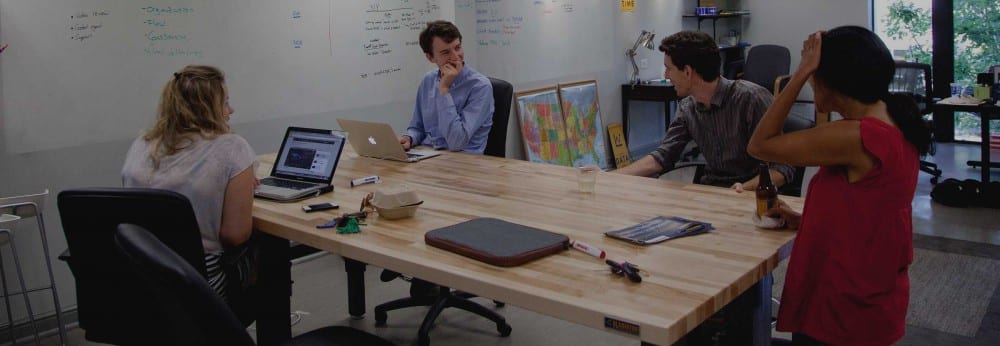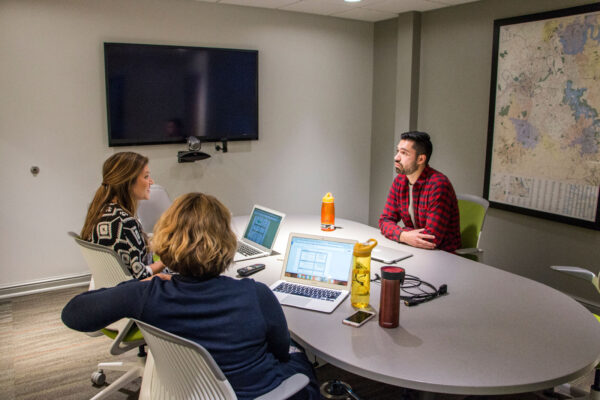Meet Matt Rubinstein.
Life mantra: Deeds not words.
Favorite books: Experience in Education, Ishmael, 4 steps to the Epiphany
He’s cofounder and CEO of LiveSchool, a start-up focused on behavioral management. However, this path was not something he foresaw in his younger days. In college, he decided to take an internship opportunity at a school in Harlem, and it made a big impact on him. After graduation, he moved to Nashville and began working at Kipp Academy. During his first year of teaching, he experienced the difficulties of behavior in schools. Kipp, like many schools, used a paper based behavior system, which would take about two hours a week to write everything down. It would have been easy to become indifferent, and think, “Yes, teachers are spending two hours each week, but that’s just life.” Instead, Rubinstein chose to become sensitive to the problems and do something about it. After the school year ended, he set out to find a solution, and with his brother, founded LiveSchool.
What is your vision for LiveSchool?
We are trying to build a real platform for student engagement. Our whole company vision is built around wanting to get kids more excited about school. So, right now the form it’s taken is targeting behavioral challenges. But, I think we are going to go way beyond that. Our vision is empowering kids to learn the things that they want to learn and to connect their learning to their real life.
What impact do you think student choice has on behavioral management?
It has a huge impact. There is a really popular framework for behavioral management called Love and Logic. The core idea is framing mandates to kids as a choice. If there’s something you want someone to really do, you frame it as a choice to give the kids ownership. Personally, I think we have really stripped choice out of schools. We are standardizing, and there aren’t as many ways for kids to just choose. I think it’s really detrimental, and it’s one of the reasons we have such declining student engagement. One of the things we are trying to do is open up more to choice. So if I love basketball, and if I can pick 3 friends and have a private bball game, that’s going to motivate me a lot more than if I love to draw. I think kids’ ability to choose the activities that are important to them is essential.
What do you think is the best answer for the achievement gap?
We have a huge amount of resources in our school system. Huge, like hundreds of millions of dollars. Right now, state and district people are deciding all our resources. One of the biggest things we can do to improve the achievement gap is push choice over how resources are used, within reasonable limits, down to teachers and kids. I think it would make a huge difference.
What are some hopes you have with educational reform?
That we can all work together. There’s been a lot of division. I really believe we need to put more resources in the hands of teachers and students. I don’t think the problem is that we’re not spending enough money on education, I think the problem is the way we are spending the money is not impacting kids the most it could.
What is your opinion on the future of online education?
I think we are self-motivated learners, and it’s changing the world. Period. I think people who aren’t engaged in learning, it doesn’t mean a thing. So, for kids who are still in schools, we have got to get them more excited about learning.
Are you a big advocate for more tech in classrooms?
I am a huge believer in playing outside. However, I draw a big line with technology that enhances what the teacher is trying to do and technology that is trying to replace the teacher. I believe in tech that helps connect people and have new kinds of experiences. When it comes to enhancing learning, I’m about more and more tech. As long as kids keep getting outside.




